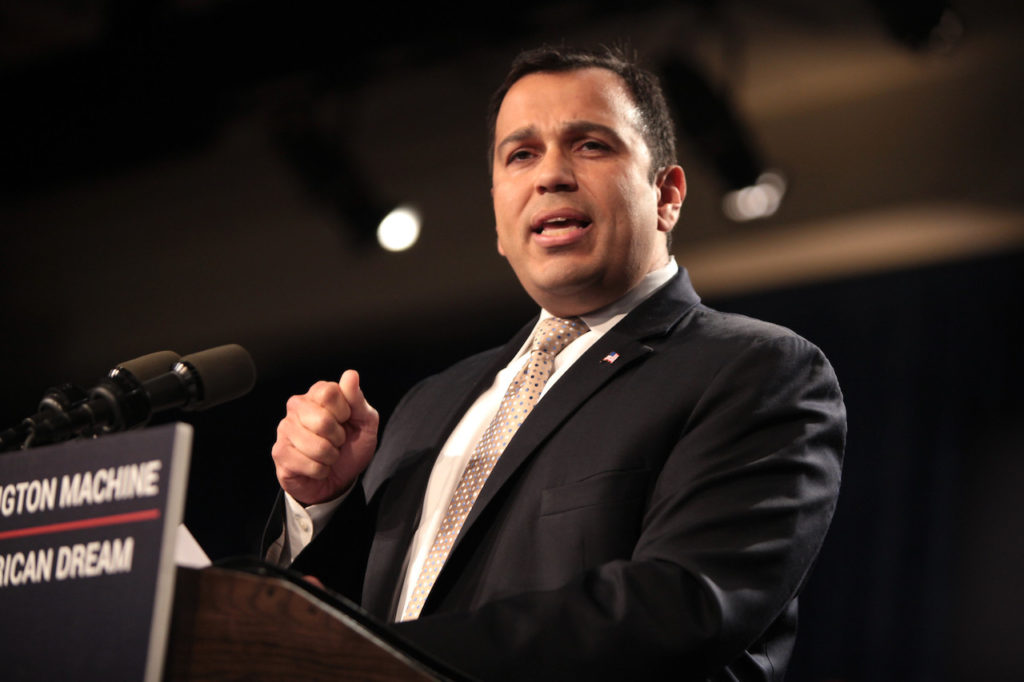
Tennessee’s new commissioner of health made his first appearance before a legislative committee Wednesday, though the Republican chairman warned members not to question Dr. Ralph Alvarado about HIV funding.
Even so, Sen. Jeff Yarbro, D-Nashville, asked Alvarado to address the funding cut. Just a day after he took over as health commissioner last week, the Tennessee Department of Health told nonprofits that offer HIV testing and prevention the state would no longer send them federal grant money from the Centers for Disease Control and Prevention.
More: Basic HIV testing and treatment in Nashville is being threatened by an unexplained state funding cut
“I’m not sure whether that’s a decision you signed off on or inherited,” Yarbro said. “But in any event, I think it’s a decision that the aftermath is going to be one that you have to deal with and we have to deal with.”
Alvarado gave a brief defense, echoing Gov. Bill Lee’s statement in recent days that the state wants to have more independence from the federal government. His office has also said it is shifting to prioritize HIV risk among first responders and victims of human trafficking. In Tennessee, it’s men who have sex with men, often young and Black, who have been most at risk.
The new health commissioner, a medical doctor and former state senator from Kentucky, did not say how new state money would be spent but is expected to provide details at a budget hearing in March.
“I guess it’s abrupt as far as the decision. But the funding will go through the end of May. And then at that point, kind of a different course,” Alvarado said.
More: What we know a week after Tennessee rejected federal HIV funding
Several people showed up to the brief hearing in protest though none spoke.
“All of us, no matter where we live, the color of our skin, who we love, or our sexual identity, we all deserve access to affordable healthcare, including preventive care,” Rev. Donna Whitney of Metropolitan Interdenominational Church of Nashville said in a statement. “I call on our governor, our other elected officials and our appointed officials to take all public health measures that are known to prevent the transmission of HIV and to make long-term healthy survival with HIV possible.”

